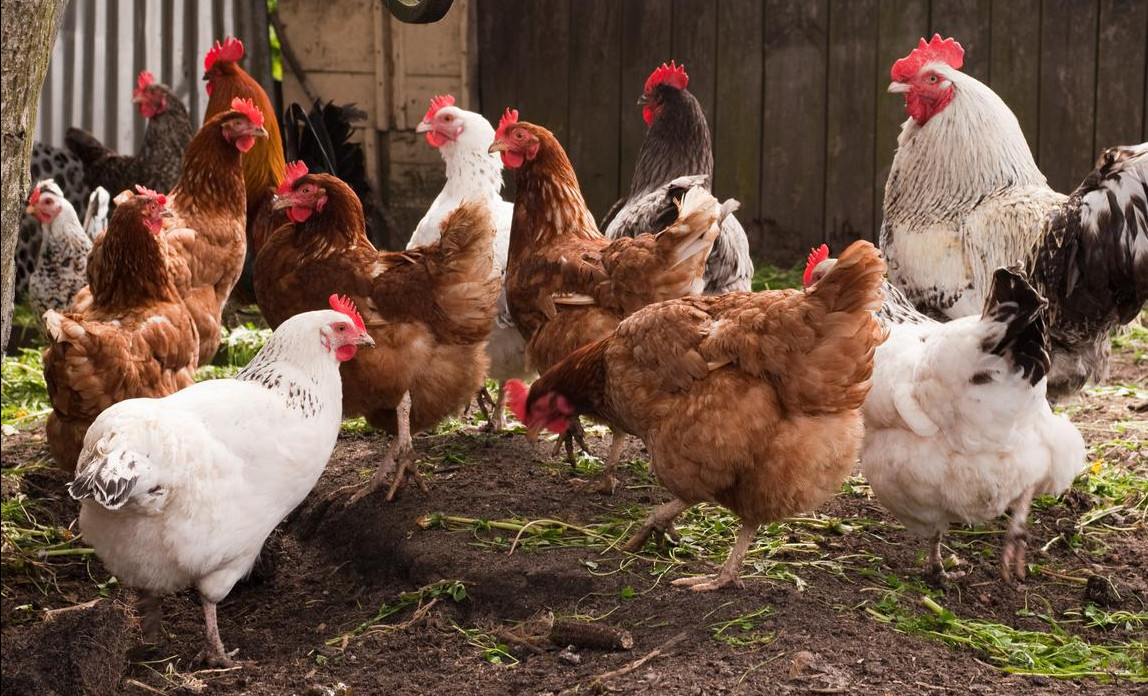Hillandale Farms Asks: How Do Chickens Lay Eggs?

birdfact.com Hillandale Farms explains how chickens lay eggs and the production cycle of laying eggs. Hillandale Farms on the Production Cycle of Laying Hens. You will most likely never see how a chicken lays eggs in your lifetime. You can go out each morning to collect the eggs, which will be ready for you. So how does a chicken lay eggs? As Hillandale Farms points out, we don't know exactly how an egg is formed daily, but a miraculous process goes on inside a hen. Female chickens only have one oviduct and one ovary, unlike most female species, which have two. It is in the oviduct that, except for the egg yolk, all parts are formed. Ninety-nine percent of the yolk material is already formed within 7-9 days before the chicken lays the egg, which means this process is pretty much non-stop when a hen is in her prime. When the ovary releases the yolk, it falls into the hen's abdominal cavity, and ovulation occurs. If you want to know how long chickens lay eggs, that depends on...





